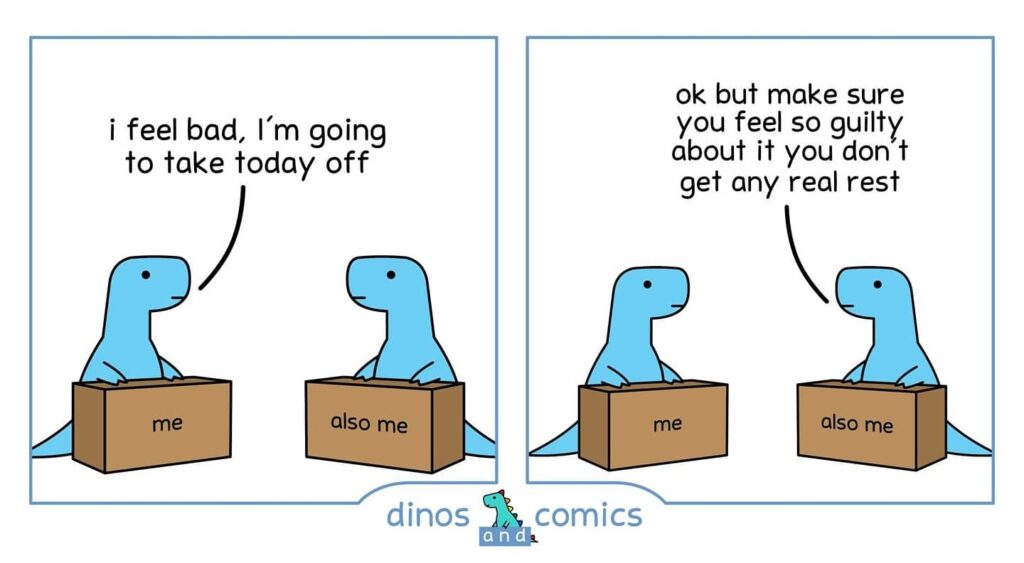When I first started my practice of writing every single day I had the goal that I would do it for 30 straight days. I started on New Year’s Day and we all know how most resolutions end for people. But I figured one day at a time right? Sure I wanted to start a practice that would go further than a month but I didn’t want to jinx myself so I didn’t set a goal of reaching any fixed number on January 1st.
So today ten months later on day 300 of writing every single day I’ll admit I have ambitions for this space that I don’t want to say out loud. I want to enjoy the moment. I want to note the occasion. And maybe I want to feel a little not accomplished.
Which was a theme I also explored on day 100. And again on day 200. I suspect I’ll say something if I make it to one full year of writing daily. Maybe I’ll have the pleasure of noting every 100 days again. Perhaps it’s human nature to notice the markers but to be a little afraid to make a big deal out of them.
We know in our hearts the accomplishments we seek but we dare not same then out loud. No inviting in evil spirits right? Even though I suppose we might be inviting in the angels just as easily. So maybe I’ll just say that I would love to make it day 1,000. The idea of having a record of my thoughts for years seems like a heady ambition.
I don’t want to opt myself into something that may not serve me in the future. One reason I’ve loved this exercise is because I felt like I opted into it every single day. It was always a choice and I always made it. It has been an enjoyable experience and a daily discipline. So I hope it’s one that continues to serve me. And I’d it doesn’t that’s ok too. May we make all choices in freedom.
